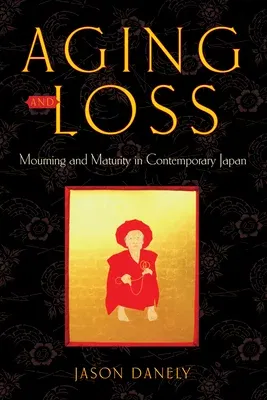By 2030, over 30% of the Japanese population will be 65 or older,
foreshadowing the demographic changes occurring elsewhere in Asia and
around the world. What can we learn from a study of the aging population
of Japan and how can these findings inform a path forward for the
elderly, their families, and for policy makers?
Based on nearly a decade of research, Aging and Loss examines how the
landscape of aging is felt, understood, and embodied by older adults
themselves. In detailed portraits, anthropologist Jason Danely delves
into the everyday lives of older Japanese adults as they construct
narratives through acts of reminiscence, social engagement and ritual
practice, and reveals the pervasive cultural aesthetic of loss and of
being a burden. Through first-hand accounts of rituals in homes,
cemeteries, and religious centers, Danely argues that what he calls the
self-in-suspense can lead to the emergence of creative participation in
an economy of care. In everyday rituals for the spirits, older adults
exercise agency and reinterpret concerns of social abandonment within a
meaningful cultural narrative and, by reimagining themselves and their
place in the family through these rituals, older adults in Japan
challenge popular attitudes about eldercare. Danely's discussion of
health and long-term care policy, and community welfare organizations,
reveal a complex picture of Japan's aging society.

